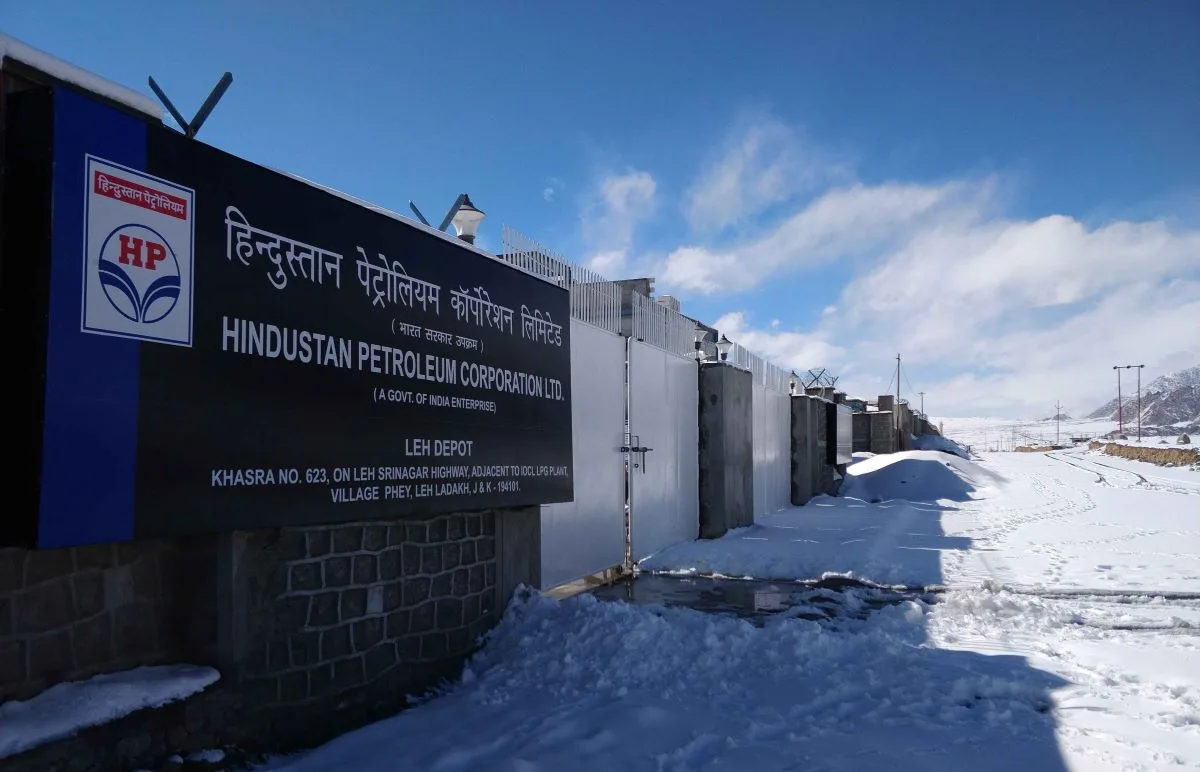
Impact of Red Sea Attacks on Shipping Routes: HPCL Assures No Disruption in Crude Oil Supplies to India
In the wake of ongoing attacks on shipping vessels by Houthi militants in the Red Sea, Hindustan Petroleum Corporation Ltd (HPCL) Chairman Pushp Kumar Joshi has assured that the flow of crude oil to India remains unaffected. However, the rerouting of shipping routes via the Cape of Good Hope has led to increased freight charges.
India, being the world’s third-largest oil importer, heavily relies on Russian supplies through the Red Sea. In 2023, Russian supplies constituted over 35% of India’s total crude imports, amounting to 1.7 million barrels per day.
While Russian ships and cargoes have not been primary targets of the attacks so far, the rerouting of ships around the southern tip of Africa, instead of transiting through the Suez Canal and Red Sea, has resulted in longer voyages. This, in turn, has caused a shortage of ships and an increase in freight charges.
During a post-third quarter earnings call with investors, Joshi stated that HPCL has secured crude oil supplies until mid-April, and there are no indications of supply disruptions at present.
HPCL meets 44-45% of its crude oil needs through term contracts with national oil companies, including those in Saudi Arabia and Iraq. The remaining percentage comes from spot purchases in the current market. Joshi mentioned that term crude has not been impacted by the Red Sea crisis, and spot imports, including Russian oil, remain unaffected.
Term crude accounts for the majority of HPCL’s supply, and Joshi affirmed that the company has already secured crude requirements until the end of the fiscal year in March and the first two weeks of April.
While the ongoing situation has led to an increase in freight rates, Joshi expressed confidence that the supply requirements are being met. He acknowledged that the shipping reroutes could impact insurance costs and refining margins but emphasized that HPCL is in a comfortable situation regarding crude procurement.
In terms of Russian imports, Joshi disclosed that Russian oil constituted 30% of all crude oil imported by HPCL in 2023. Despite the geopolitical challenges, the company has not experienced any disruption in supplies.
The rerouting of ships due to the conflict in the Red Sea has implications for global trade, impacting diesel exports to Europe. Longer voyages have increased diesel cargo costs, with an uptick of USD 850,000-1 million.
As the situation continues to unfold, HPCL remains vigilant, monitoring the developments in the coming weeks. Nevertheless, Joshi assured stakeholders that the company is well-prepared on the procurement side, having secured crude supplies until the end of March and the initial weeks of April.






